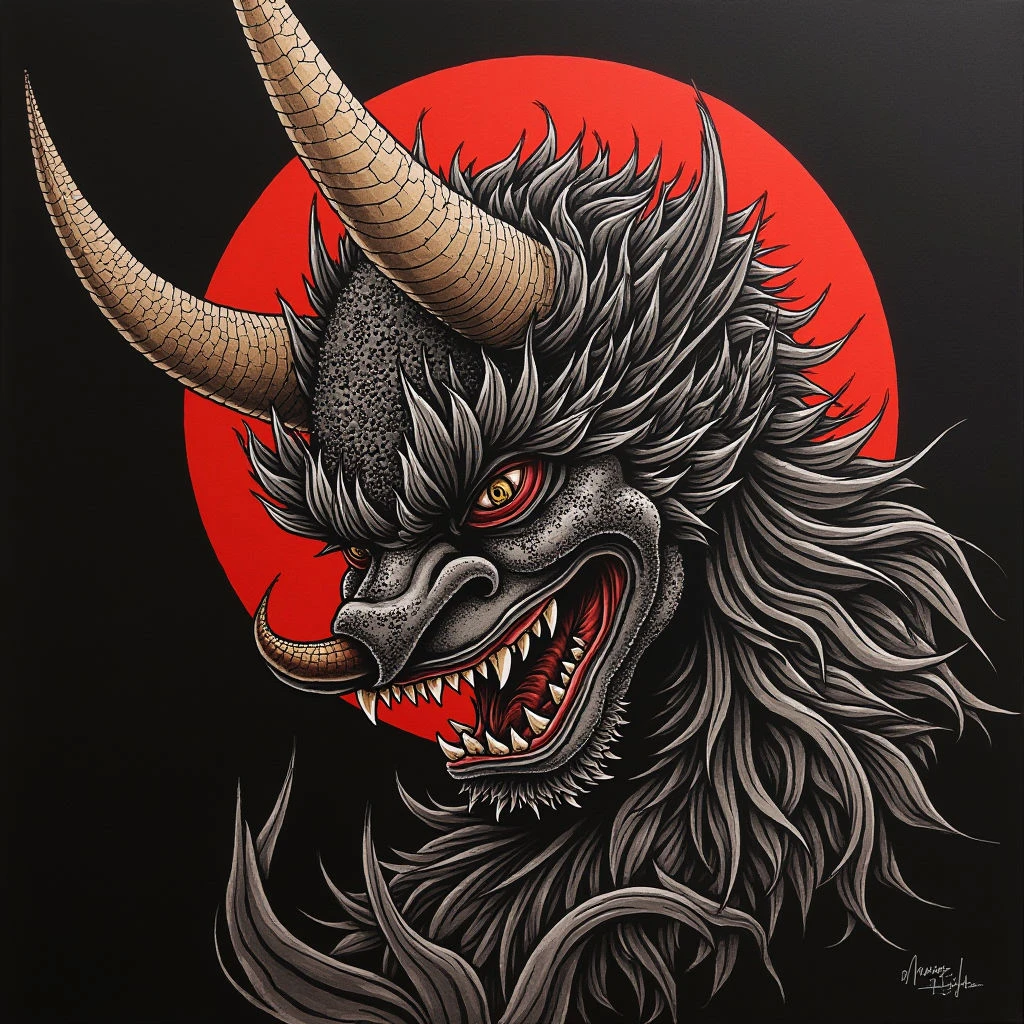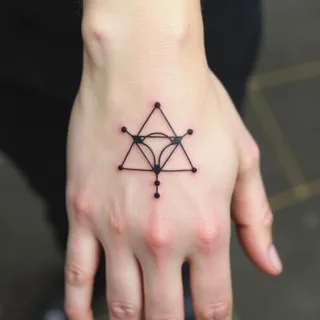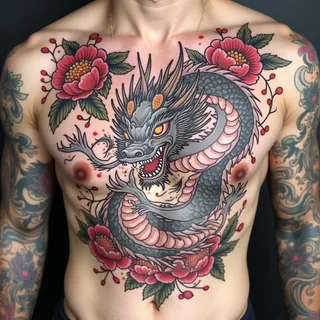Japanese Mask Tattoos: Symbolism, Meanings, and Cultural Context
Japanese masks are steeped in tradition and carry profound symbolism, making them captivating subjects for tattoo art. From the fearsome Oni to the vengeful Hannya, each mask represents distinct emotions, stories, and spiritual concepts.
Popular Japanese Mask Designs
The Oni (Demon Mask)
Frequently depicted in folklore as mischievous spirits or guardians, the Oni mask embodies strength, protection, and overcoming adversity. The bold features and aggressive expression serve as a potent reminder of resilience.
The Hannya (Female Demon)
This poignant mask represents a woman consumed by jealousy, anger, and vengeance. Originating from Noh theatre, the Hannya’s appearance signifies suppressed emotions struggling to surface, often portraying an inner turmoil or past suffering.
The Tengu (Bird-Man Mask)
A legendary creature blending human and avian features, the Tengu symbolizes wisdom, martial prowess, and a connection to nature. They are known as protectors of mountains and temples, representing spiritual enlightenment through discipline and skill.
Personal Expressions
Beyond these common representations, Japanese mask tattoos often serve as personal expressions. Individuals may choose a mask based on its aesthetic appeal or as a reflection of their inner journey.
Cultural Context and Consultation
Understanding the cultural context is crucial when considering such an intricate design. Consulting with an experienced tattoo artist familiar with Japanese art and symbolism is highly recommended to ensure accurate representation and respectful application.


